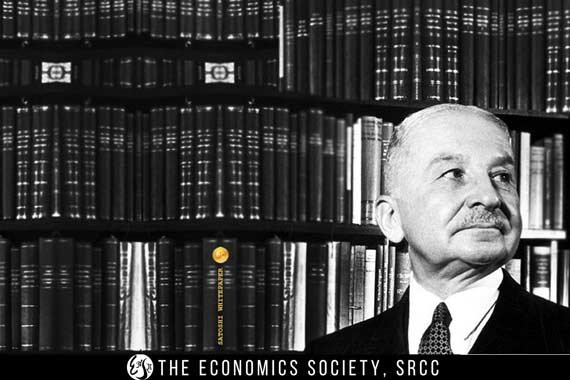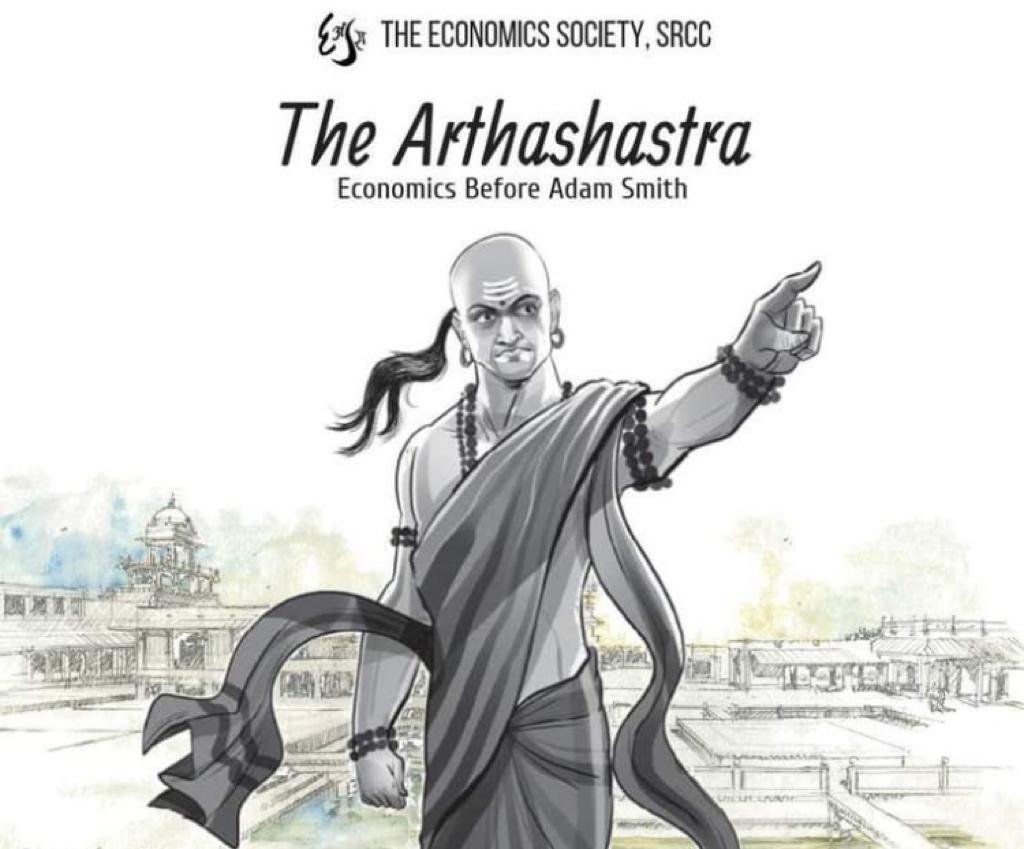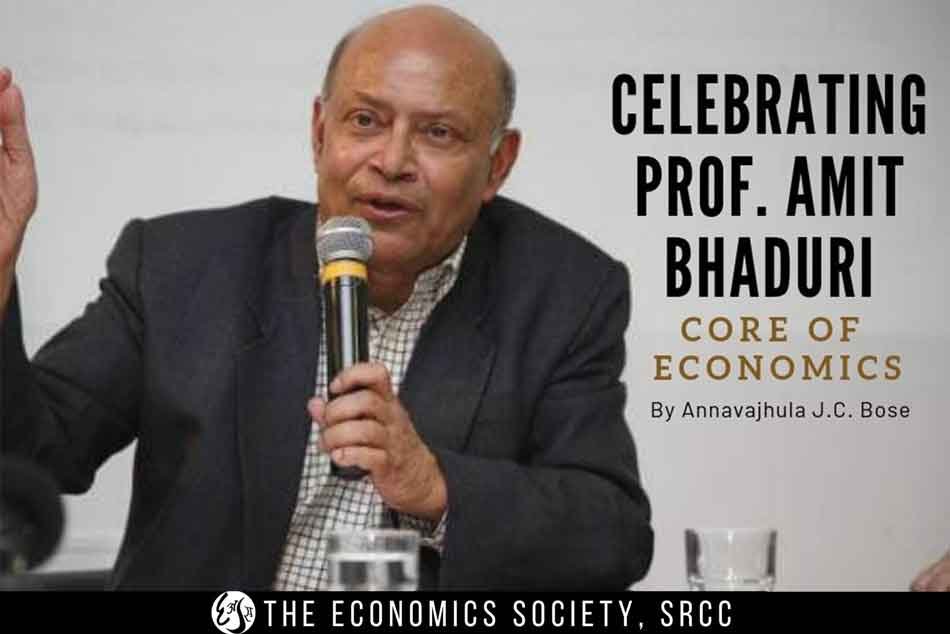
Austrian School of Economics

In this article, I concentrate on the main propositions about economics that the so-called Austrians believe.
The Science of Economics
Proposition 1: Only individuals choose.
Man, with his purposes and plans, is the beginning of all economic analysis. Only individuals make choices; collective entities do not choose. The primary task of economic analysis is to make economic phenomena intelligible by basing it on individual purposes and plans; the secondary task of economic analysis is to trace out the unintended consequences of individual choices.
Proposition 2: The study of the market order is fundamentally about exchange behaviour and the institutions within which exchanges take place.
The price system and the market economy are best understood as a “catallaxy,” and thus the science that studies the market order falls under the domain of “catallactics.” These terms are derived from the original Greek meanings of the word “katallaxy”—exchange and bringing a stranger into friendship through the exchange. Catallactics focuses analytical attention on the exchange relationships that emerge in the market, the bargaining that characterizes the exchange process, and the institutions within which exchange takes place.
Proposition 3: The “facts” of the social sciences are what people believe and think.
The meaning that individuals place on things, practices, places, and people determines how they will orient themselves in making decisions. The goal of the sciences of human action is intelligibility, not prediction. The human sciences can achieve this goal because we are what we study, or because we possess knowledge from within, whereas the natural sciences cannot pursue a goal of intelligibility because they rely on knowledge from without. We can understand the purposes and plans of other human actors because we ourselves are human actors.
Microeconomics
Proposition 4: Utility and costs are subjective.
All economic phenomena are filtered through the human mind. Since the 1870s, economists have agreed that value is subjective, but, following Alfred Marshall, many argued that the cost side of the equation is determined by objective conditions. Marshall insisted that just as both blades of a scissors cut a piece of paper, so subjective value and objective costs determine the price. But Marshall failed to appreciate that costs are also subjective because they are themselves determined by the value of alternative uses of scarce resources. Both blades of the scissors do indeed cut the paper, but the blade of supply is determined by individuals’ subjective evaluations.
In deciding courses of action, one must choose; that is, one must pursue one path and not others. The focus on alternatives in choices leads to one of the defining concepts of the economic way of thinking: opportunity costs. The cost of any action is the value of the highest-valued alternative forgone in taking that action. Since the forgone action is, by definition, never taken, when one decides, one weighs the expected benefits of an activity against the expected benefits of alternative activities.
Proposition 5: The price system economizes on the information that people need to process in making their decisions.
Prices summarize the terms of exchange on the market. The price system signals to market participants the relevant information, helping them realize mutual gains from exchange. In Hayek’s famous example, when people notice that the price of tin has risen, they do not need to know whether the cause was an increase in demand for tin or a decrease in supply. Either way, the increase in the price of tin leads them to economize on its use. Market prices change quickly when underlying conditions change, which leads people to adjust quickly.
Proposition 6: Private property in the means of production is a necessary condition for rational economic calculation.
Economists and social thinkers had long recognized that private ownership provides powerful incentives for the efficient allocation of scarce resources. But those sympathetic to socialism believed that socialism could transcend these incentive problems by changing human nature. Ludwig von Mises demonstrated that even if the assumed change in human nature took place, socialism would fail because of economic planners’ inability to rationally calculate the alternative use of resources. Without private ownership in the means of production, Mises reasoned, there would be no market for the means of production, and therefore no money prices for the means of production. And without money prices reflecting the relative scarcities of the means of production, economic planners would be unable to rationally calculate the alternative use of the means of production.
Proposition 7: The competitive market is a process of entrepreneurial discovery.
Many economists see competition as a state of affairs. But the term “competition” invokes an activity. If competition were a state of affairs, the entrepreneur would have no role. But because competition is an activity, the entrepreneur has a huge role as the agent of change who prods and pulls markets in new directions.
The entrepreneur is alert to unrecognized opportunities for mutual gain. By recognizing opportunities, the entrepreneur earns a profit. The mutual learning from the discovery of gains from exchange moves the market system to a more efficient allocation of resources. Entrepreneurial discovery ensures that a free market moves toward the most efficient use of resources. In addition, the lure of profit continually prods entrepreneurs to seek innovations that increase productive capacity. For the entrepreneur who recognizes the opportunity, today’s imperfections represent tomorrow’s profit. The price system and the market economy are learning devices that guide individuals to discover mutual gains and use scarce resources efficiently.
Macroeconomics
Proposition 8: Money is nonneutral.
Money is defined as the commonly accepted medium of exchange. If government policy distorts the monetary unit, the exchange is distorted as well. The goal of monetary policy should be to minimize these distortions. Any increase in the money supply not offset by an increase in money demand will lead to an increase in prices. But prices do not adjust instantaneously throughout the economy. Some price adjustments occur faster than others, which means that relative prices change. Each of these changes exerts its influence on the pattern of exchange and production. Money, by its nature, thus cannot be neutral.
This proposition’s importance becomes evident in discussing the costs of inflation. The quantity theory of money stated, correctly, that printing money does not increase wealth. Thus, if the government doubles the money supply, money holders’ apparent gain in their ability to buy goods is prevented by the doubling of prices. But while the quantity theory of money represented an important advance in economic thinking, a mechanical interpretation of the quantity theory underestimated the costs of inflationary policy. If prices simply doubled when the government doubled the money supply, then economic actors would anticipate this price adjustment by closely following money supply figures and would adjust their behaviour accordingly. The cost of inflation would thus be minimal.
But inflation is socially destructive on several levels. First, even anticipated inflation breaches a basic trust between the government and its citizens because the government is using inflation to confiscate people’s wealth. Second, unanticipated inflation is redistributive as debtors gain at the expense of creditors. Third, because people cannot perfectly anticipate inflation and because the money is added somewhere in the system—say, through government purchase of bonds—some prices (the price of bonds, for example) adjust before other prices, which means that inflation distorts the pattern of exchange and production.
Since money is the link for almost all transactions in a modern economy, monetary distortions affect those transactions. The goal of monetary policy, therefore, should be to minimize these monetary distortions, precisely because money is nonneutral.
Proposition 9: The capital structure consists of heterogeneous goods that have multispecific uses that must be aligned.
Right now, people in Detroit, Stuttgart, and Tokyo City are designing cars that will not be purchased for a decade. How do they know how to allocate resources to meet that goal? Production is always for an uncertain future demand, and the production process requires different stages of investment ranging from the most remote (mining iron ore) to the most immediate (the car dealership). The values of all producer goods at every stage of production derive from the value consumers place on the product being produced. The production plan aligns various goods into a capital structure that produces the final goods in, ideally, the most efficient manner. If capital goods were homogeneous, they could be used in producing all the final products consumers desired. If mistakes were made, the resources would be reallocated quickly, and with minimal cost, toward producing the more desired final product. But capital goods are heterogeneous and multispecific; an auto plant can make cars, but not computer chips. The intricate alignment of capital to produce various consumer goods is governed by price signals and the careful economic calculations of investors. If the price system is distorted, investors will make mistakes in aligning their capital goods. Once the error is revealed, economic actors will reshuffle their investments, but in the meantime, resources will be lost.
Proposition 10: Social institutions often are the result of human action, but not of human design.
Many of the most important institutions and practices are not the result of direct design but are the by-product of actions taken to achieve other goals. A student in the Midwest in January trying to get to class quickly while avoiding the cold may cut across the quad rather than walk the long way around. Cutting across the quad in the snow leaves footprints; as other students follow these, they make the path bigger. Although their goal is merely to get to class quickly and avoid the cold weather, in the process they create a path in the snow that actually helps students who come later to achieve this goal more easily. The “path in the snow” story is a simple example of a “product of human action, but not of human design”.
The market economy and its price system are examples of a similar process. People do not intend to create a complex array of exchanges and price signals that constitute a market economy. Their intention is simply to improve their own lot in life, but their behaviour results in the market system. Money, law, language, science, and so on are all social phenomena that can trace their origins not to human design, but rather to people striving to achieve their own betterment, and in the process producing an outcome that benefits the public.
The implications of these ten propositions are rather radical. If they hold true, economic theory would be grounded in verbal logic and empirical work focused on historical narratives. With regard to public policy, severe doubt would be raised about the ability of government officials to intervene optimally within the economic system, let alone to rationally manage the economy.
Perhaps economists should adopt the doctors’ creed: “First do no harm.” The market economy develops out of people’s natural inclination to better their situation and, in so doing, to discover the mutually beneficial exchanges that will accomplish that goal. Adam Smith first systematized this message in The Wealth of Nations. In the twentieth century, economists of the Austrian school of economics were the most uncompromising proponents of this message, not because of a prior ideological commitment, but because of the logic of their arguments.
By Peter J. Boettke
Professor of economics at George Mason University, where he is also the deputy director of the James M. Buchanan Center for Political Economy and a senior fellow at the Mercatus Center. He is the editor of the Review of Austrian Economics.
Source
Extracted from The Library of Economics and Liberty or Econlib’s Schools of Economic Thought collection, where you can explore other schools of economic thought—supply-side economics, socialism, public choice, rational expectations, etc.


